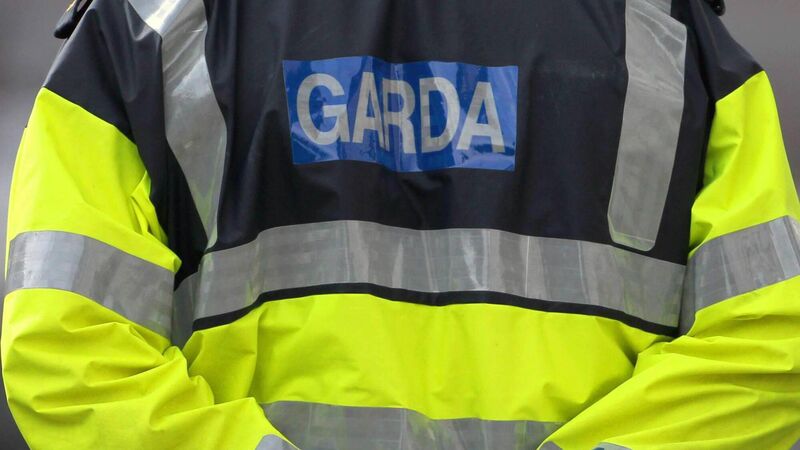17 arrested on suspicion of financing jihadi terrorism in Ireland last year

The report notes that Irish authorities indicated “a small number” of foreign terrorist fighters who fought “with or against IS” are present in the State.
Gardaí investigating Jihadi terrorist groups arrested 18 individuals in Ireland last year, according to a new report.
The vast majority of these arrests (17) were in connection with the financing of jihadist terrorism.











